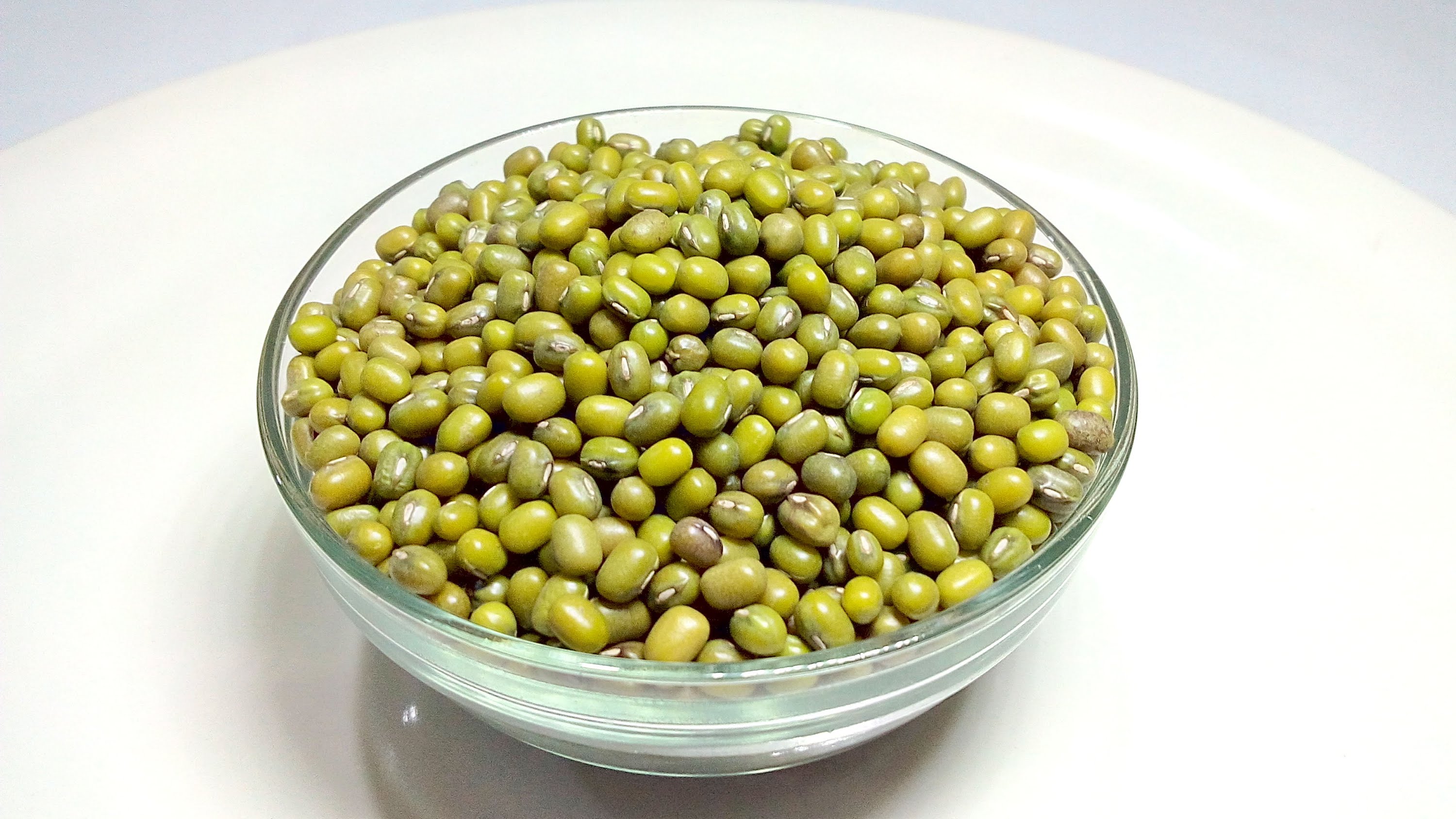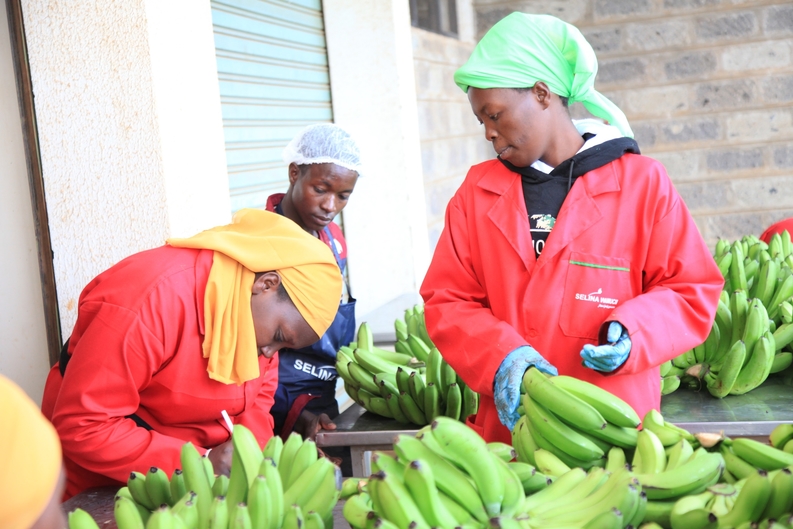
A man pulling a cart full of goods towards Busia border point. Photo courtesy.
Small-scale farmers at Busia, Kenya- Uganda border have teamed up with smalls scale traders to share the cost of transporting their produce to various towns in the interior parts of the countries using hired trucks.
The move has seen individual farmers pay depending on the quantity of the produce to be transported instead catering for the full hiring cost.
Before, regardless of the volume of the produce to be transported, the trucks would charge about Sh30,000 to move them to the destined destinations. However, coming together has seen the producers who deal in small quantities of farm produce pay Sh250 per 90kg load without necessarily having to fill a truck.
“These farmers deal in farm produce not exceeding USD2,000 (Sh200,000) at ago and given their smaller volume of goods, they found it difficult to hire the trucks for transport,” said Charles Achieng, Chairman of Busia Cross Border Traders Associations who is also in charge of BusiaTrade Information Desk.
RELATED ARTICLE: Isuzu East Africa introduces cold chain logistics vehicles to enable farmers transport perishable produce
For instance, there are 40 trucks which transport the farmers’ produce to Kisumu, Eldoret, Nakuru, Nairobi in Kenya or into Uganda on a daily basis.
The trucks carry about 120 bags of the produce weighing 90 kilos each at ago. A bag of such a capacity costs around Sh250 to transport from Busia to most targeted destinations in Kenya or Uganda. In this, a trader will be required to pay up to offloading points along the transport route.
“Initially, this was so costly for the traders who do not have the potential to trade in bigger volumes of products that can fill the trucks. They would be required to pay the full cost even when the trucks are half full,” said Achieng.
RELATED ARTICLE: Transport company launches refrigerated bus to ferry fresh produce between Nairobi and Mombasa
Major produce of trade among the cross border farmers and traders along the Northern Transport Corridor are mostly agricultural produce such as maize, beans, groundnuts, bananas, fruits, carrots, French beans, mangoes, pineapple, watermelon, Irish potato, French beans, Fish and animal feeds among others.
Though the traders also deal in other products such as timber, plastics, tiles and clothes, unprocessed rice, shoes, groceries, cosmetics, bed covers among others.
Currently, the farmers and traders have formed a group of over 10,000 registered members in various constituent affiliate member groups and work jointly with 50,000 other small scale traders who enjoy their cross- border trade services which include document facilitations.
This is made easier by consolidating the goods, and with the help of Trade Information Desk at the One Stop Border Post at no fee, simplified customs documentation process is conducted including providing the simplified certificate of origin in collaboration with the revenue authorities and standard bodies in a bid to facilitate entry and other import or export procedures.
“Most of the members of this group are not well educated or conversant with Customs and immigration procedures. They therefore need assistance in such processes which ensure that no counterfeit, illicit or unauthorised goods are moved across the border,” said Achieng.
RELATED ARTICLE: Researchers develop a simple transporter machine which can be used to carry farm produce
The 2009 established group which comprises of women and men incorporates 1,000 small scale farmers and traders every day who are also handled by the customs department to ensure that the consignments are moved across the border legally.
However, some of the challenges these farmers and traders are facing so far are lack of funding and facilitations for cross border structures and value chain, with the need for a national platform to engage with regional cross border trade platforms.
RELATED ARTICLE: Transporting distance affects body weight of broiler chicks, study
COMESA Member states under The Great Lakes Region are facilitating Cross Border Trade structures including Trade Information Desks. In Kenya, the Trade Information Desk officers and CBTA Committee are volunteers, making it unsustainable as traders cannot further be burdened to facilitate them.
"It is important that the Governments and development partners look into options of facilitating the Cross border trade Information Desk and Committee to enable them continue guiding and providing relevant trade information and services to the traders.The establishment of Cross Border Trade Fund (CBTF) will be one stop solution to funding challenge." Said Achieng.
Write comment (0 Comments)
















